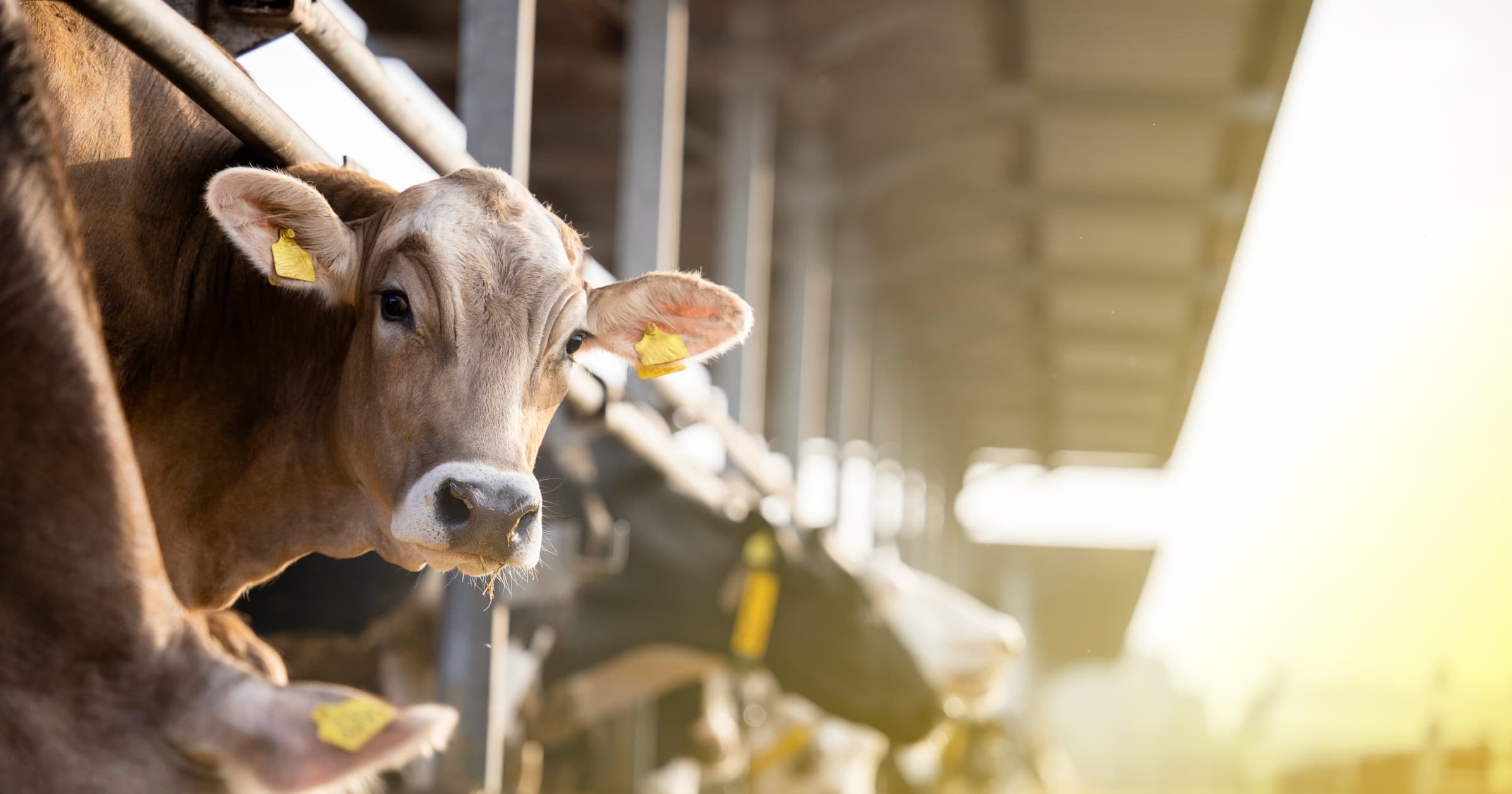- 8800 Grant Ave. Overland Park, KS 66212

The American Feed Industry Association (AFIA) was disappointed when the Innovative Feed Enhancement and Economic Development Act of 2023, which would have altered the approval process for feed products that made drug claims, wasn’t passed last month. But AFIA will keep moving forward on the act that could change the industry. The Innovative Feed Act is not dead yet! And here’s what it would mean for the industry, and why AFIA continues to endorse it.
In short, the Innovative Feed Act would mean more options for everyone at all points of the supply chain. It will allow the FDA to be a little more flexible in allowing new feed products to come to market, which means more products meeting more needs on the market. Which, in turn, means that there will be new revenue streams. Something we can all get behind!
For quite some time, the AFIA has pressured the Food and Drug Administration to alter the 1998 Policy and Procedures Manual Guide 1240.3605, which prevents animal food manufacturers from clearly identifying the ways their products may bring about non-nutritive benefits (e.g., reduced greenhouse gas emissions or food safety pathogens) on the labels without extensive oversight from the veterinary medicine wing of the FDA. The process has been unfair to livestock producers because it regulates their products as drugs, not food additives. It’s cumbersome at best and limiting to the entire industry in many ways.
The goal of the Innovative Feed Act is to regulate these additives as food instead of drugs. This will make for a much quicker turnaround time to bring new products to market that are vital for farmers and ranchers in the U.S.
The problem is that food technology moves at a fast pace, and a 25-year-old regulation simply could not foresee advances in the industry. The antiquated policy limits an entire industry, boxing it in and preventing the true advancement that the industry and our animals need.
These limitations are causing us to fall behind the rest of the world. Our farmers need to be able to bring their operations into the 21st century to compete on a global market. It’s already been proven elsewhere in the world that these feed ingredients work; international operations with access to the technology are seeing happier, healthier and more productive animals, among other benefits. Why shouldn’t our farmers and ranchers see the same?
That’s not to say that the Innovative Feed Act is looking to create the proverbial Wild West and deregulate everything. The opposite, in fact, is true. The AFIA wants the products to be regulated in the right way. A feed additive should be regulated as a food ingredient, not as a drug. Products using the additive will still need to be safe and effective, and that means multiple layers of review.
We at Bill Barr agree with AFIA in its mission to drag the feed additive industry into not just the future but the immediate present. The Innovative Feed Act is a positive for the industry. It’ll let producers do their jobs better, help animals be healthier and more productive and — maybe most importantly — give consumers more of what they want.
But the mission isn’t over; the Feed Act isn’t dead but it needs support. AFIA is waiting to see if it will have another chance to pass this year. If it’s something you would like to see get done, call or email your local representative.